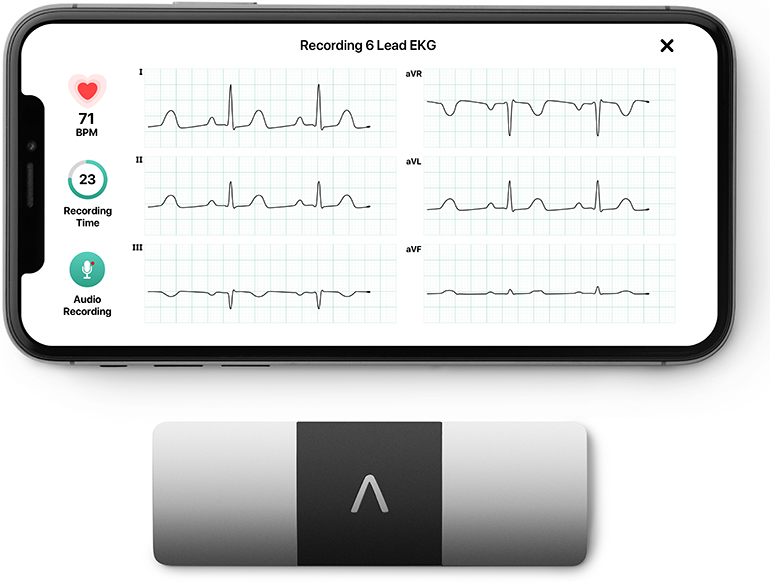What is a Vascular Assessment?
A vascular assessment is how we look at the circulation to your feet. It is important to know who well the oxygenated blood flow is reaching your feet and how well the de-oxygenated blood flow is leaving your feet. Using a Doppler our Podiatrists will listen to the quality of blood flow and also listen out for any irregularities. Managing any problems with your circulation is essential for good health and is even more important in people with diabetes, existing heart conditions or as we get older. We have recently invested in a personal six-lead ECG machine which is a great tool for assessing if you have heart arrhythmia. The most common cause of arrhythmia is Atrial Fibrillation, often referred to as AFib.
People with AFib are 5 times more likely to have a stroke and may also develop blood clots, heart failure, and other heart-related complications. If you experience AFib, it may feel like your heart is fluttering or skipping a beat. AFib can be detected on an electrocardiogram (ECG) which records the electrical activity of your heart. Following your vascular assessment we will send a report to your GP if we find anything of concern or anything which requires further investigation.
What is Atrial Fibrillation?
Atrial fibrillation (AFib) is an irregular heartbeat that occurs when the upper chambers of your heart beat out of coordination with the lower chambers, which causes your heart to beat either too slowly or too quickly. It is the most common heart arrhythmia, affecting around 1.4 million people in the UK.
People with AFib are 5 times more likely to have a stroke and may also develop blood clots, heart failure, and other heart-related complications. If you experience AFib, it may feel like your heart is fluttering or skipping a beat. AFib can be detected on an electrocardiogram (ECG) which records the electrical activity of your heart.
What are the Symptoms of Atrial Fibrillation?
Common symptoms of AFib may include heart palpitations, shortness of breath, extreme fatigue, or feeling dizzy or lightheaded. However, some people may not notice any symptoms, which makes AFib hard to detect outside the doctor’s office or without a personal ECG like the one we use.
Because AFib can be hard to detect, and symptoms aren’t always predictable or noticeable, it’s helpful to access a personal ECG device that allows you to check in on your heart. The divide we use can record medical-grade ECGs and detect AFib within our clinic. Our system is FDA-cleared in the USA and NICE Accredited in the UK to detect AFib and other common arrhythmias, including premature ventricular contractions (PVCs), Tachycardia, Bradycardia, and more.
Managing Atrial Fibrillation
Early detection and management of AFib is not only important for your heart health, but your overall health as well. Atrial fibrillation is commonly treated and managed though Medication, Surgery and Lifestyle Changes. Should our assessment show any signs of arrhythmia we will write to your GP to arrange an appointment for you.

